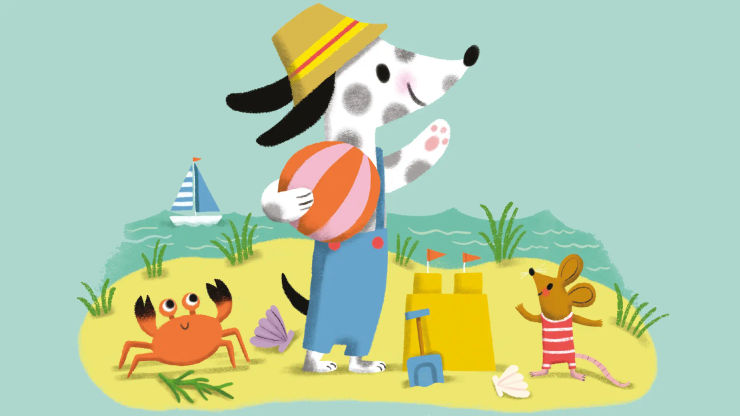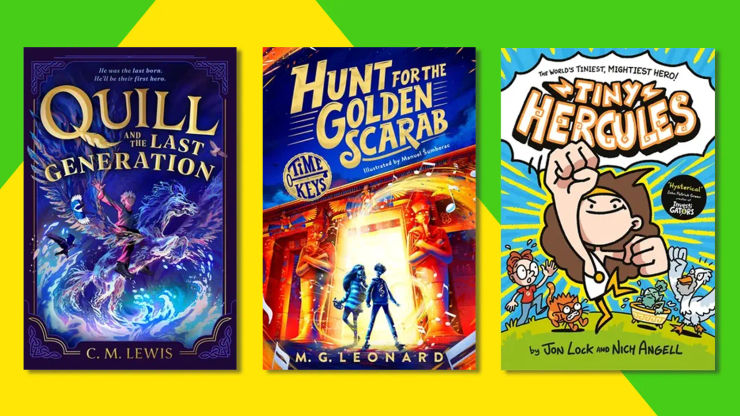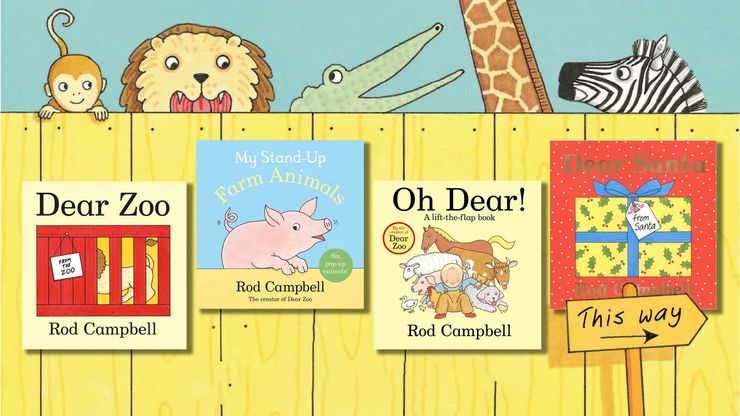Books for Children

Julia Donaldson’s books: a guide

14 easy World Book Day costume ideas

The Gruffalo books: a complete guide

The best graphic novels and comics for children & YA

100 of the best picture books for children

A guide to Camilla Reid's books

If they like this, they'll love. . .

Leah Williamson's books in order

The best children's books of 2026

Rod Campbell's Dear Zoo books: a complete guide

The best Christmas books for children 2025

The best Alice in Wonderland books for all ages